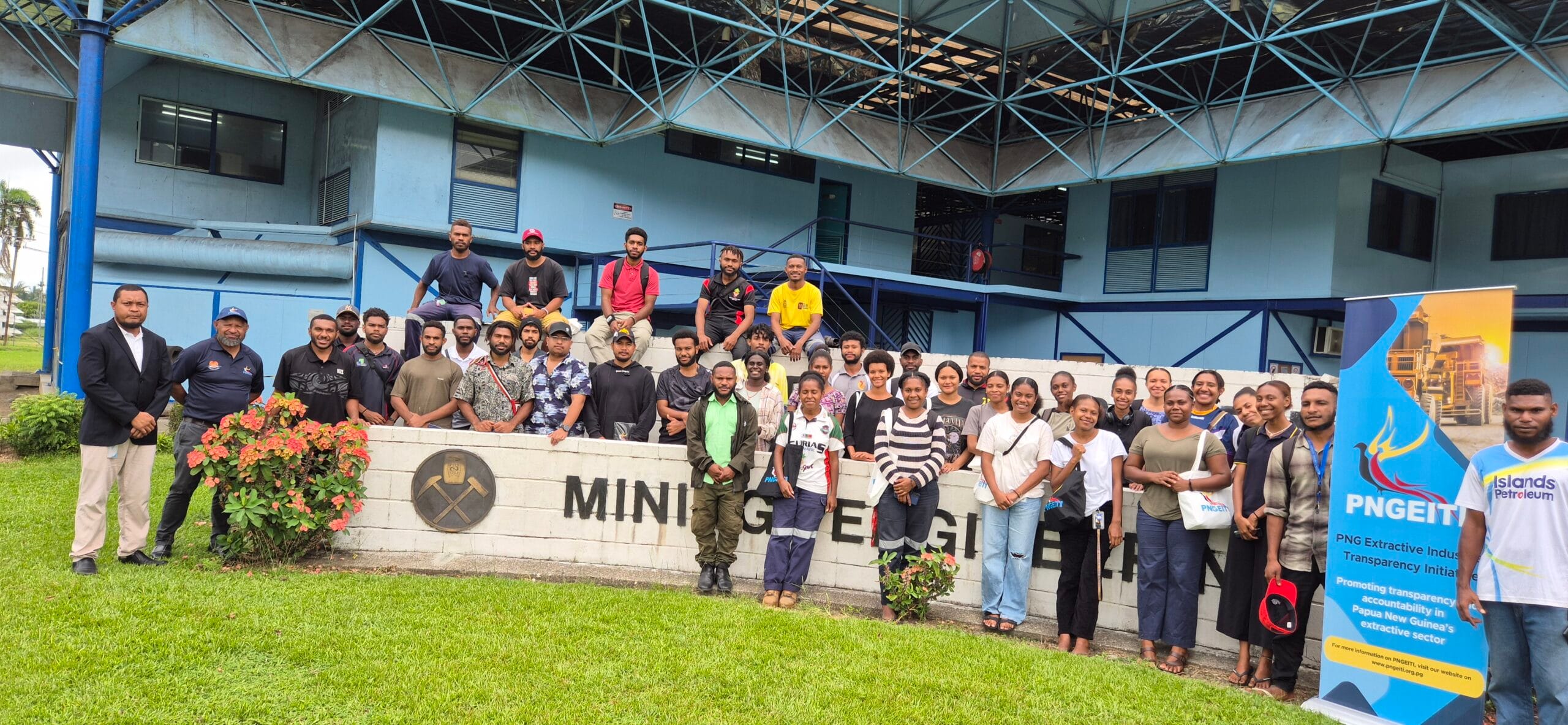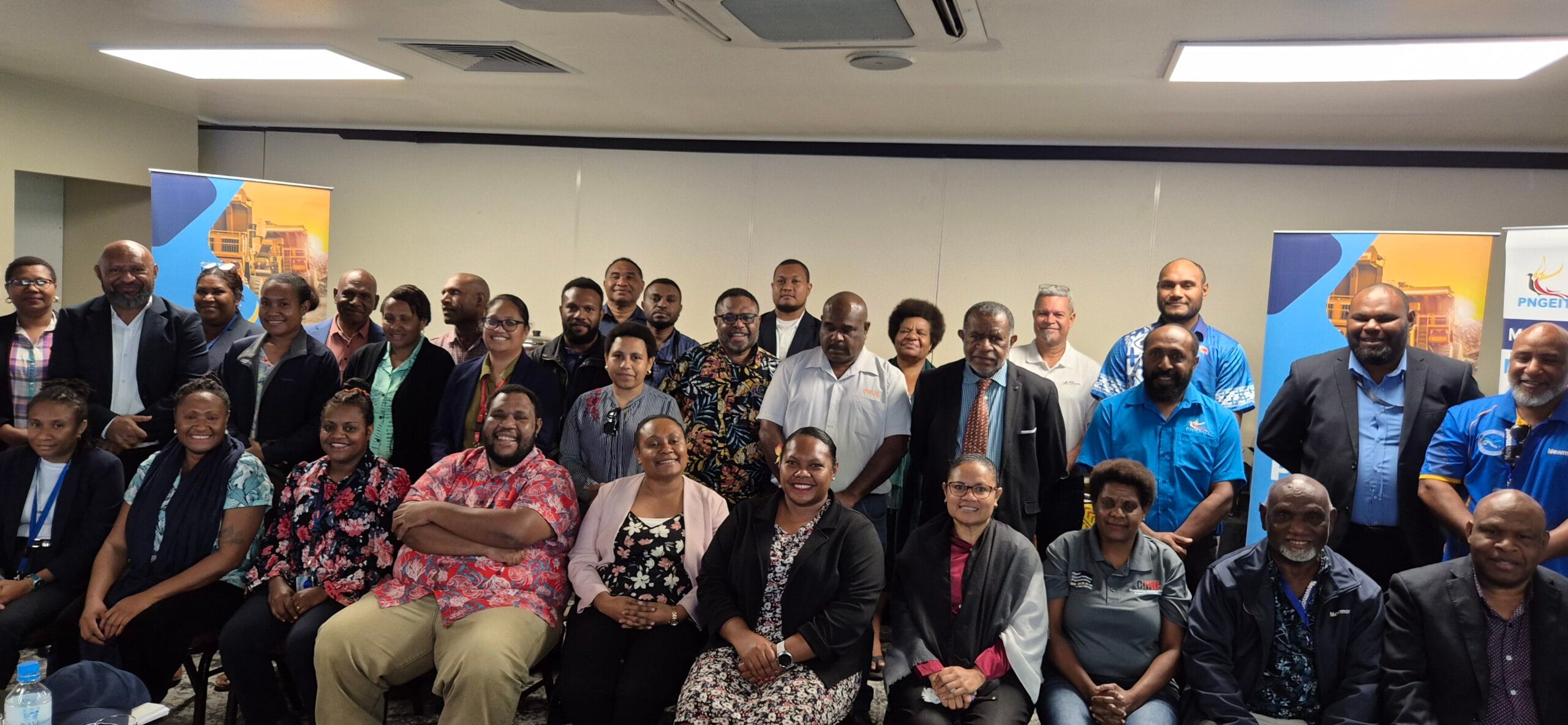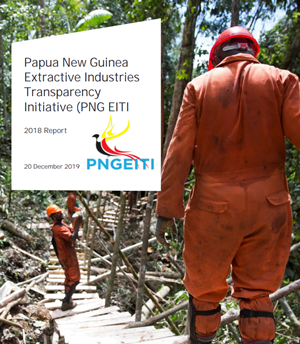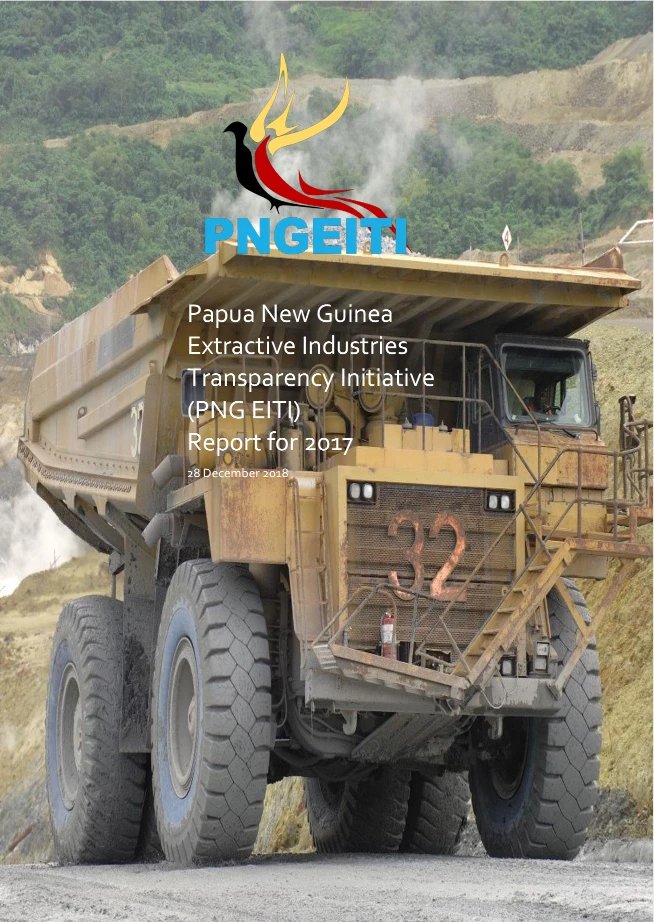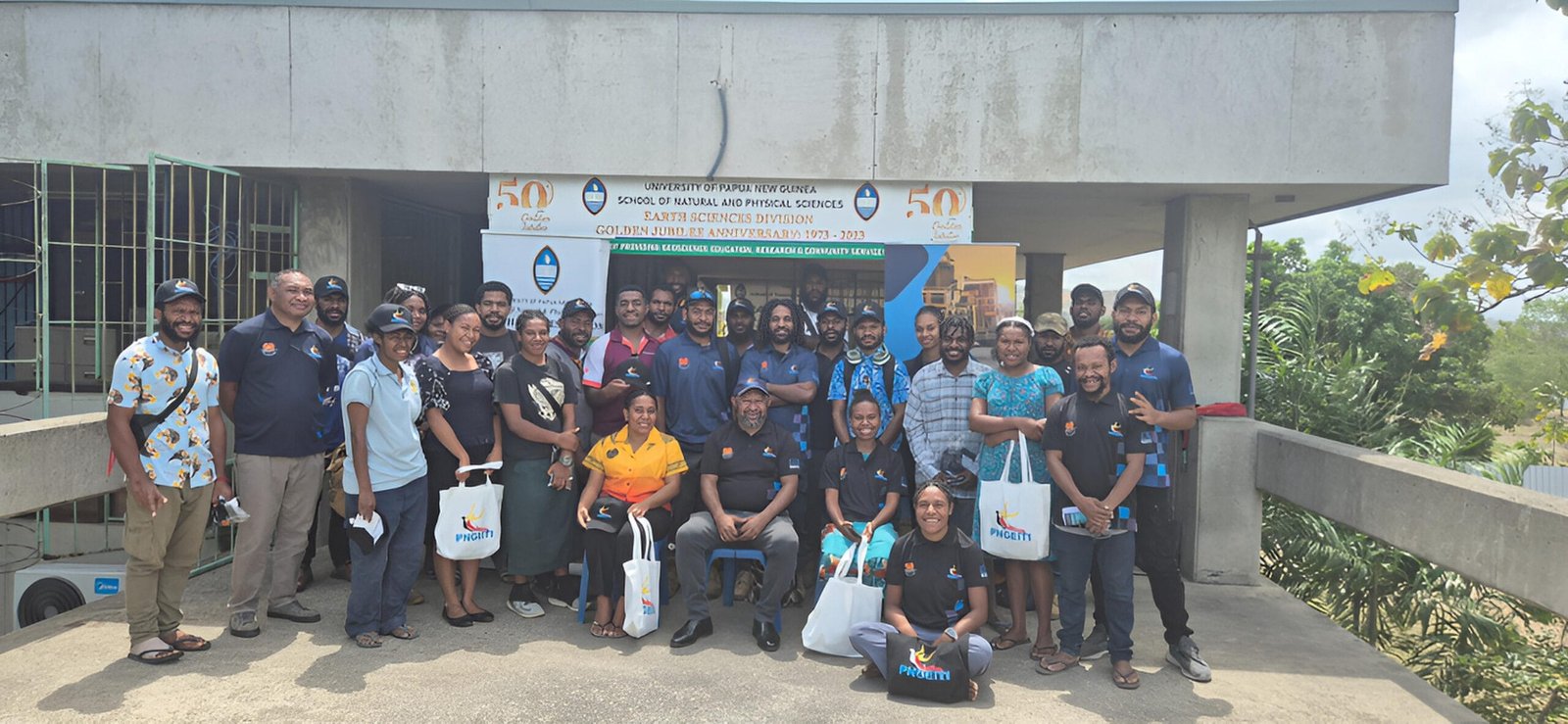
Subnational Payments in Papua New Guinea’s Extractive Sector – A scoping study report
PNGEITI Subnational payments report of May-2019
ABSTRACT
As Papua New Guinea struggles to transition its natural resources into inclusive and sustainable forms of development, the taxes, fees and levies collected from extractive projects provide much needed revenue to the national government. These ‘resource rents’ help the national government to fund basic services to its citizenry—many of whom live in remote areas with limited access to health, education, electricity and sanitation services.
Mining, oil and gas projects also generate important financial flows at the subnational level, where extraction takes place. These subnational payments and transfers fund a diverse range of public and private spending—from household budgets to landowner business investments, education scholarships to cultural heritage programs, village projects to subnational service delivery.
BACKGROUND
Through PNG’s participation in the Extractive Industries Transparency Initiative (EITI), a global standard that promotes transparency and accountability in the oil, gas and mining sectors, much progress has been made on the reporting of extractive revenues to the national government.
Yet payment data at the subnational level is either non-existent, too aggregated to be meaningful, inconsistent across projects, or difficult to obtain.
The lack of clear, reliable, timely and useful reporting of subnational payments and transfers is particularly problematic in a country like PNG, where landowners, impacted communities and subnational government entities receive a broad range of payments and transfers.
There is a ‘closeness’ about subnational extractive payments in PNG’s extractive provinces—they connect to peoples’ land, their families, and their communities in a way that is meaningfully different to fiscal revenues to the state.
More effective reporting of subnational payments and transfers through PNGEITI can provide local stakeholders access to relevant and timely information on the extractive revenue flows that affect them most. Strengthening PNGEITI subnational reporting can also drive transparency and accountability in PNG’s extractive provinces, contribute to decentralisation and subnational governance efforts, and potentially improve social license to operate for extractive companies.
THIS PROJECT
This scoping study on subnational payments in PNG’s mining, oil and gas sector was commissioned by Papua New Guinea Extractive Industries Transparency Initiative (PNGEITI). Using a combination of stakeholder interviews, data requests and case studies, the purpose of the study was to:
- Identify and map the subnational payments and transfers in PNG’s extractives sector
- document stakeholder views on enhanced subnational reporting through PNGEITI; and
- develop a reporting framework and roadmap for PNGEITI subnational reporting.
The study was implemented as a partnership between PNGEITI and the Pacific Leadership and Governance Precinct with support from Newcrest Mining Limited. The Pacific Leadership and Governance Precinct is a partnership between the governments of Papua New Guinea and Australia to support the development of ethical and capable public sector leaders in PNG.


